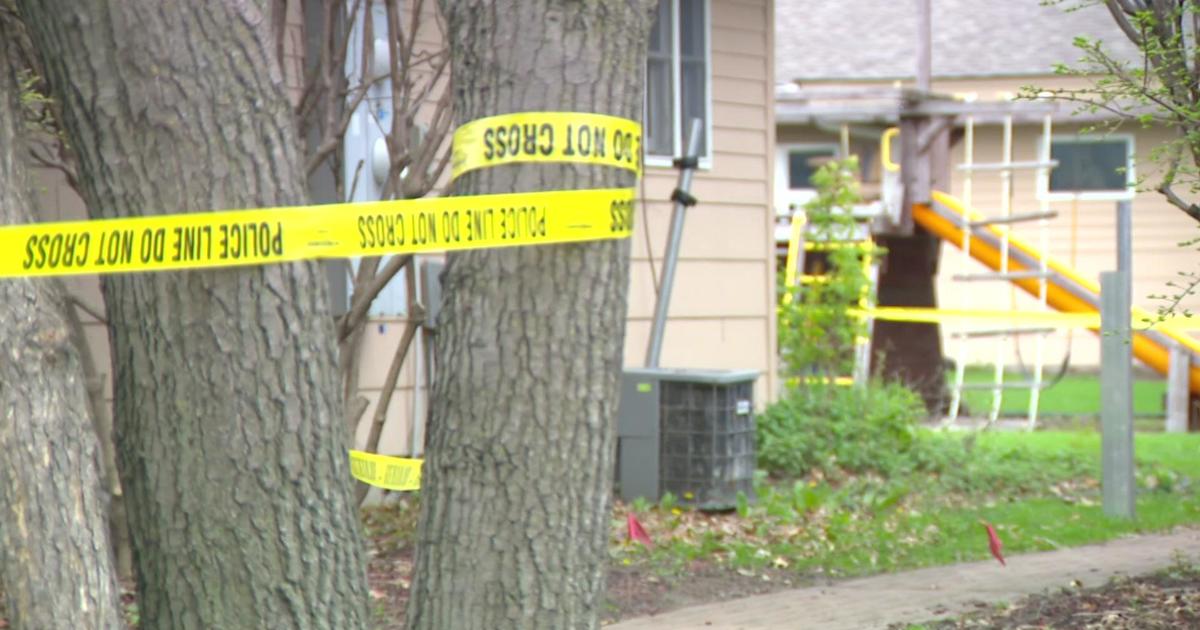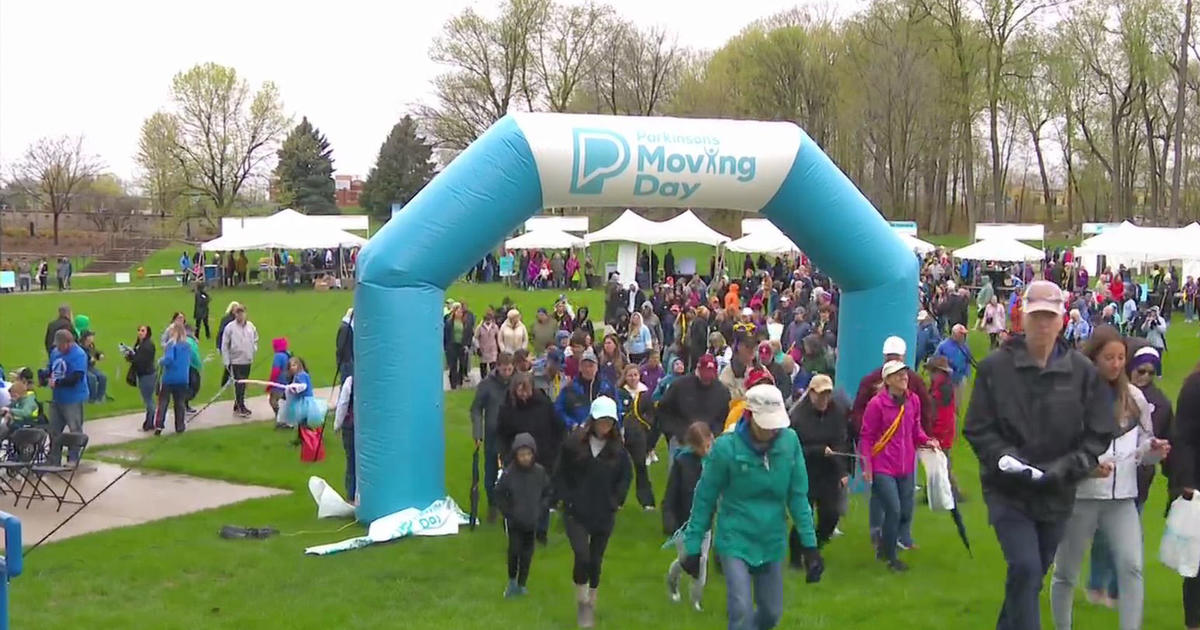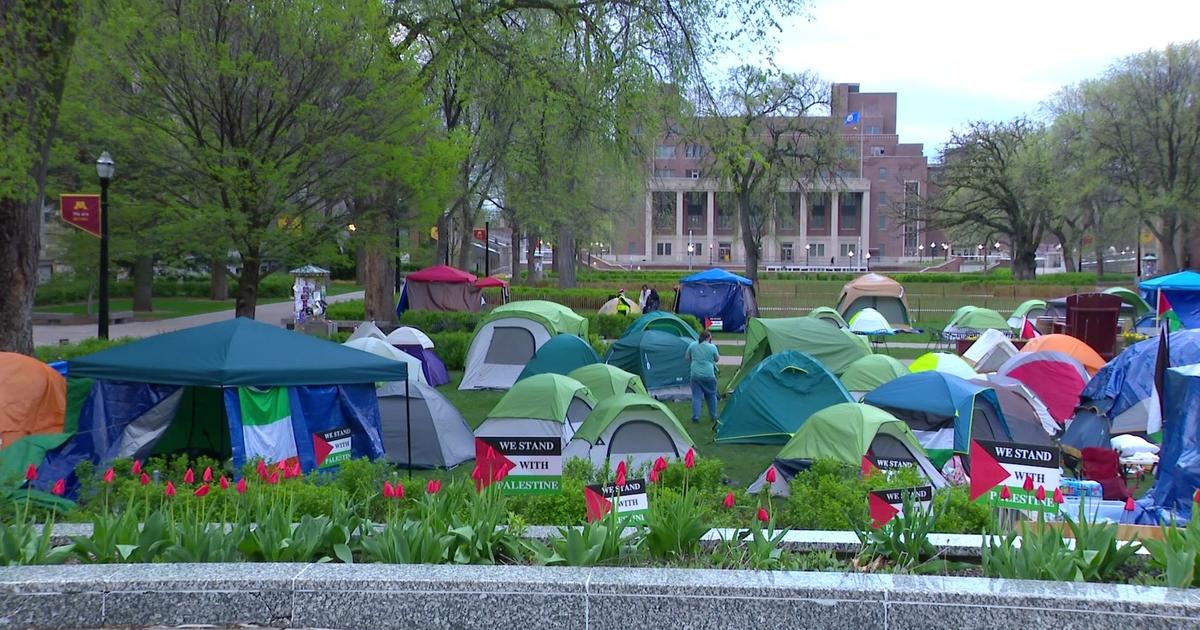Wis. Gov. Evers Orders Bars, Restaurants To Close, Limits Gatherings
MADISON, Wis. (AP) — Wisconsin Gov. Tony Evers ordered a statewide ban on all gatherings of more than 10 people as of 5 p.m. Tuesday, and closed all bars and restaurants except for delivery and pickup orders, more unprecedented disruptions to daily life made in an attempt to limit the spread of the coronavirus.
Evers also extended the closure of all public and private K-12 schools indefinitely and called on the Legislature to waive a one-week waiting period to receive unemployment compensation insurance. Evers said he would be talking with legislative leaders on Wednesday about an aid package and when they could take it up.
He also reiterated that he has no intention of delaying the state's April 7 presidential primary and general election. Republican Senate Majority Leader Scott Fitzgerald also said a delay wasn't being discussed.
"We might be asking for more in the coming weeks," Evers said of the restrictions. "We appreciate what everyone is doing across the state of Wisconsin. This is an evolving process."
The number of people in Wisconsin who tested positive for COVID-19 jumped from 47 to 72 in one day. There was community spread of the virus in Milwaukee, Dane and Kenosha counties, said Department of Health Services Secretary Andrea Palm. That means people were testing positive even though they hadn't traveled to areas with a high concentration of the virus or had knowingly been in contact with someone who has it.
Health officials did not have details of the ages of those infected or how many were hospitalized. They also did not have exact numbers on how many hospital ICU beds were available or ventilators for patients who would need them.
For most people, the new coronavirus causes only mild or moderate symptoms, such as fever and cough. For some, especially older adults and people with existing health problems, it can cause more severe illness, including pneumonia. The vast majority of people recover.
The state health lab is prioritizing who is tested because of a nationwide shortage of the materials needed to complete the tests, said Dr. Westergaard, Wisconsin's chief medical officer for communicable diseases. He said there were enough supplies for the immediate future. He didn't have an estimate on when it would run out.
"We know that these are not unlimited, so we do need to prioritize the testing equipment we have," Westergaard said.
The restriction on gatherings of more than 10 people mirrored a recommendation made by President Donald Trump on Monday.
There were some exceptions to the new limits, including airports, hotels, child care facilities, hospitals, job centers, food pantries and governmental bodies.
Fitzgerald said the Legislature would consider ways to mitigate losses to businesses, employees and everyone else affected by the virus.
Evers' administration and Republicans who control the Legislature have been at odds on issues large and small since Evers took office last year. But the coronavirus, and the need for the state to react, appears to be bringing them together for now.
Before the outbreak, the state had a projected $620 million budget surplus by the middle of next year. Fitzgerald said he didn't know how much of that would not materialize given the economic downturn or would be available for any state stimulus package. He said he would be wary of committing too much at this point.
Evers, 68, is a cancer survivor. He said he has not been tested for the virus, is showing no symptoms and that he hopes to not get tested because he's concerned about the availability of tests for people who need them.
Meanwhile, hospitals across the state were following federal guidance and canceling elective surgeries as they prepared for a potential influx of patients suffering from COVID-19.
The University of Wisconsin-Madison announced that in-person classes, which had been canceled through April 10, were now done for the rest of the semester. Evers said the closure of K-12 schools was extended indefinitely.
Wisconsin Gov. Tony Evers ordered a statewide ban on all gatherings of more than 10 people as of 5 p.m. Tuesday, and closed all bars and restaurants except for delivery and pickup orders, more unprecedented disruptions to daily life made in an attempt to limit the spread of the coronavirus.
Evers also extended the closure of all public and private K-12 schools indefinitely and called on the Legislature to waive a one-week waiting period to receive unemployment compensation insurance. Evers said he would be talking with legislative leaders on Wednesday about an aid package and when they could take it up.
He also reiterated that he has no intention of delaying the state's April 7 presidential primary and general election. Republican Senate Majority Leader Scott Fitzgerald also said a delay wasn't being discussed.
"We might be asking for more in the coming weeks," Evers said of the restrictions. "We appreciate what everyone is doing across the state of Wisconsin. This is an evolving process."
The number of people in Wisconsin who tested positive for COVID-19 jumped from 47 to 72 in one day. There was community spread of the virus in Milwaukee, Dane and Kenosha counties, said Department of Health Services Secretary Andrea Palm. That means people were testing positive even though they hadn't traveled to areas with a high concentration of the virus or had knowingly been in contact with someone who has it.
Health officials did not have details of the ages of those infected or how many were hospitalized. They also did not have exact numbers on how many hospital ICU beds were available or ventilators for patients who would need them.
For most people, the new coronavirus causes only mild or moderate symptoms, such as fever and cough. For some, especially older adults and people with existing health problems, it can cause more severe illness, including pneumonia. The vast majority of people recover.
The state health lab is prioritizing who is tested because of a nationwide shortage of the materials needed to complete the tests, said Dr. Westergaard, Wisconsin's chief medical officer for communicable diseases. He said there were enough supplies for the immediate future. He didn't have an estimate on when it would run out.
"We know that these are not unlimited, so we do need to prioritize the testing equipment we have," Westergaard said.
The restriction on gatherings of more than 10 people mirrored a recommendation made by President Donald Trump on Monday.
There were some exceptions to the new limits, including airports, hotels, child care facilities, hospitals, job centers, food pantries and governmental bodies.
Fitzgerald said the Legislature would consider ways to mitigate losses to businesses, employees and everyone else affected by the virus.
Evers' administration and Republicans who control the Legislature have been at odds on issues large and small since Evers took office last year. But the coronavirus, and the need for the state to react, appears to be bringing them together for now.
Before the outbreak, the state had a projected $620 million budget surplus by the middle of next year. Fitzgerald said he didn't know how much of that would not materialize given the economic downturn or would be available for any state stimulus package. He said he would be wary of committing too much at this point.
Evers, 68, is a cancer survivor. He said he has not been tested for the virus, is showing no symptoms and that he hopes to not get tested because he's concerned about the availability of tests for people who need them.
Meanwhile, hospitals across the state were following federal guidance and canceling elective surgeries as they prepared for a potential influx of patients suffering from COVID-19.
The University of Wisconsin-Madison announced that in-person classes, which had been canceled through April 10, were now done for the rest of the semester. Evers said the closure of K-12 schools was extended indefinitely.
(© Copyright 2020 CBS Broadcasting Inc. All Rights Reserved. The Associated Press contributed to this report.)



